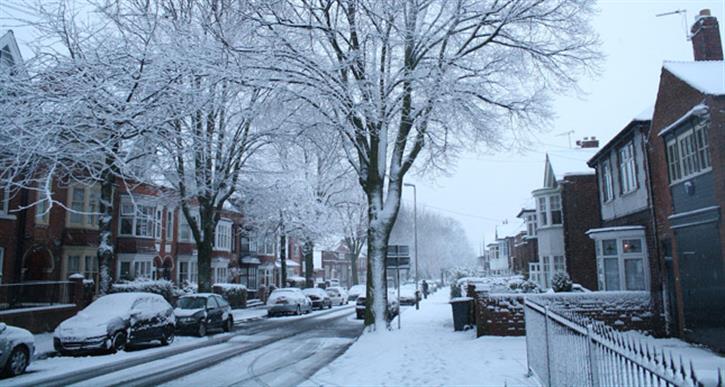

OFTEC is calling on government to develop a heating strategy that is 'fair for all' as latest figures show the number of households living in fuel poverty in England and Wales has increased to more than 10%.
Fuel poverty data released by the Office of National Statistics (ONS) earlier this year shows that 2.38 million homes are currently classed as 'fuel poor', representing a 1.4% increase on previous figures. The statistics also underline that fuel poverty is more prevalent in rural areas, where properties are typically older, poorly insulated and therefore harder to heat.
Additional figures confirmed earlier this month reveal that during winter 2014/15, there were 43,850 excess winter deaths (EWD) in England and Wales - the highest level seen in over 15 years. According to OFTEC, an important factor in these deaths each year is the high number of vulnerable people living in homes they can't afford to heat adequately.
Although provisional EWD figures for last winter (2015/16) show a fall to 24,300 recorded deaths, this drop is largely due to the abnormal spike in deaths seen during 2014/15, which has been attributed to an ineffective flu vaccine. If this anomaly is removed, the estimated number of EWDs in 2015/16 is still 39% higher than during 2013/14.
OFTEC chief executive Paul Rose said: "In this day and age it is totally unacceptable that so many people are still dying from the cold because they can't afford to adequately heat their homes.
"Fuel poverty levels are higher in rural parts of the country – approximately 14% compared to around 10% in urban areas – even though the 1.4 million oil using households in the UK are enjoying by far the cheapest heating bills of all the major fuels. This imbalance is largely because the UK's rural housing stock is currently among the least energy efficient in Europe, with poor insulation and inefficient heating systems leading to higher fuel bills.
"OFTEC urges government to consider this reality when re-shaping the UK's heating strategy, which is currently leaving too many people out in the cold."
At present, the main energy efficiency scheme open to low income households is the ECO initiative but this is due to finish in April 2017. Meanwhile, the only option for rural, off-grid households that don't qualify for ECO is the domestic Renewable Heat Incentive (RHI). However, OFTEC believes the focus of the RHI is firmly on carbon reduction, by encouraging the take up of 100% renewable heating technologies such as heat pumps, rather than a wider focus on energy efficiency.
Mr Rose continued: "The UK desperately needs a new heating strategy which combines energy efficiency measures with carbon reduction. Also, one that is affordable and practical for the majority of consumers, otherwise take up will always be limited.
"The idea of boiler replacement scheme, which we have long championed to encourage consumers with older heating systems to switch to high efficiency, modern condensing boilers, could help thousands of households to practically and realistically cut their fuel bills – as well as reduce CO2 emissions.
"Low oil prices make now the perfect time to invest in a modern boiler to secure long-term savings. We would also like to see more support to better insulate rural homes to stop them 'leaking' heat.
"In the longer term, industry is also assessing the viability of producing a bio-oil which will deliver substantial carbon savings for households currently on oil. Greening the fuel is a credible solution for the future which government needs to recognise in the UK's heat policy going forward.
"While we recognise these measures will still not be enough to help those in the real depths of fuel poverty, they could ease the pressure for millions of households struggling on the edge and help prevent thousands more pointless deaths from the cold."
If you'd like to keep up-to-date with the latest developments in the heating and plumbing industry, why not subscribe to our weekly newsletters? Just click the button below and you can ensure all the latest industry news and new product information lands in your inbox every week.